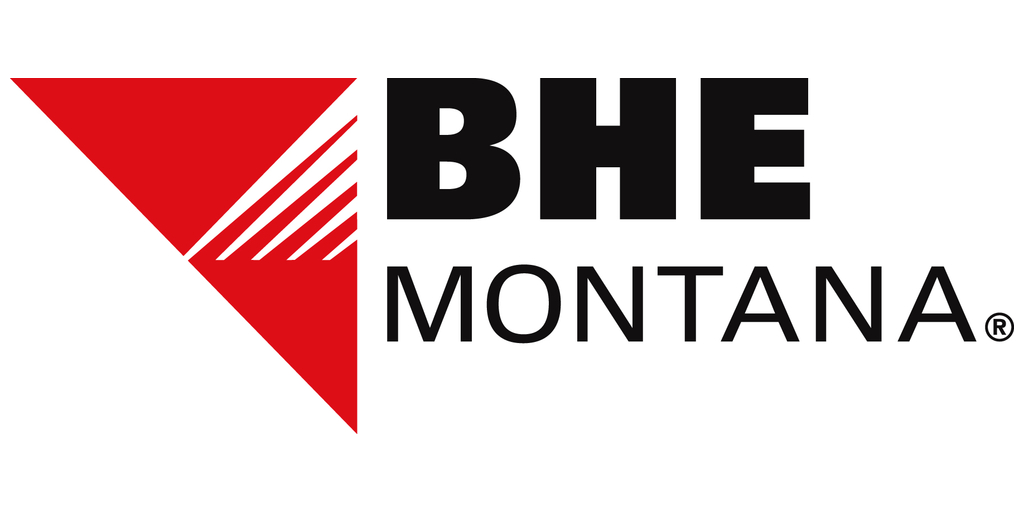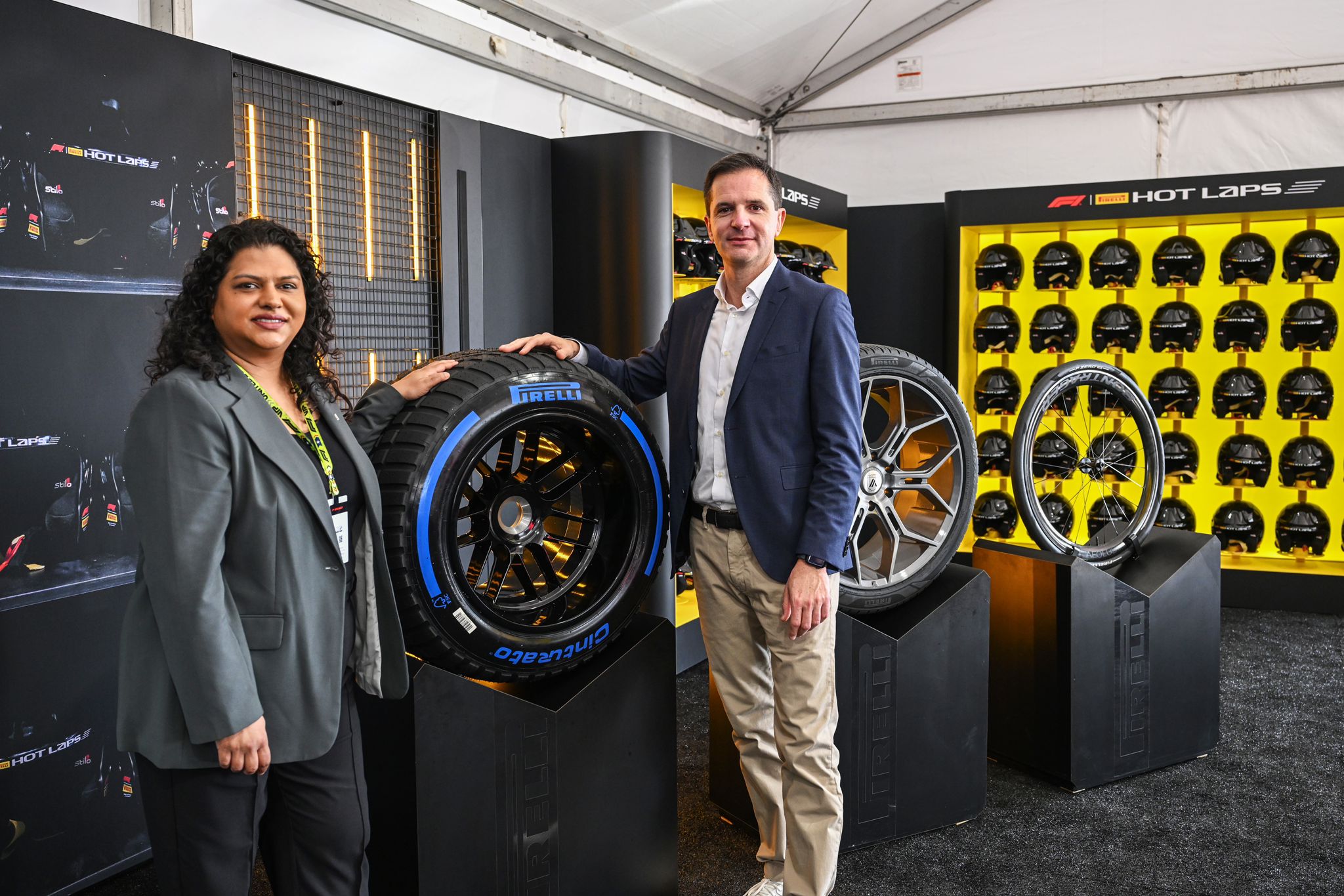In this episode of Eureka!, a McKinsey podcast on innovation in life sciences R&D, cohosts Navraj Nagra, Alex Devereson, and Erika Stanzl speak with Howard Jacob, vice president of genomics research and head of data integration at AbbVie. They discuss AbbVie’s early leap into data integration, what’s wrong with medical silos, the vast potential of AI and machine learning (ML), and building capabilities. They also consider the potential of genomic sequencing to identify disease cohorts and a future in which cures trump treatment across the healthcare system.
An edited version of their conversation follows.
How AI and ML can advance genomic research
Navraj Nagra: How have the twists and turns of your life and career led you to AbbVie?
Howard Jacob: I’ve been interested in science since age five. I wanted to be a marine biologist until my junior year in college. Then I worked as a summer technician at Abbott Laboratories and decided drug discovery would be of interest. I got my PhD in pharmacology, did postdocs in genomics, and spent 30 years in faculty, and now I’m working at AbbVie, a spinout of Abbott. So it’s a full circle. I started here, got interested in pharmacology, and now I’m back.
Erika Stanzl: For context, can you tell us about AbbVie and the areas you focus on?
Howard Jacob: I was hired to lead the AbbVie Genomics Research Center, a global organization that covers data generation for omics; all the computational teams; functional genomics; CRISPR screening; human genetics; and pharmacogenomics. Our large group of about 140 people helps the organization from early discovery through corporate strategy, biologics manufacturing, and postmarket analysis. My other job is leading R&D data integration across all 12,600 people that do research at AbbVie. Our advantage is having all this wonderful, centralized data we need to do AI and ML.
Erika Stanzl: How is AbbVie using AI and ML, and what successes have you had to date?
Howard Jacob: It took Philip Hajduk [vice president of R&D information research at AbbVie] and his team several years to build a platform; integrate all our data, including clinical trial data; put policies in place; and get people on board. We have about two billion edges in our knowledge graph. I felt that because AI and ML had been promised for 30 years, we had some time, but wow! It has just taken off in the past year or even six months.
Inside AbbVie, we have begun to look at everything within the past year—early target discovery, target development, biologics design, and patient recruitment and engagement. The uptake is just extraordinary, and I’m glad we put the infrastructure in place so we could start running fast. We’ve gone from thinking about this to sprinting, so it’s been a heck of a year.
Using data to find better healthcare solutions
Alex Devereson: On that note, which therapeutic areas, specifically within your expertise—genomics, research, and precision medicine—are you most excited about?
Howard Jacob: I’m most excited about looking at all the data to start really thinking about cures. We put a cures program in place a few years ago, but pulling the information together has been a challenge. Now, we have all the data, including external data, in one place, and we can use AI and ML to ask questions and identify patterns. For example, we’ve been looking at the molecular fingerprints of disease, and we’ve found hundreds of genes, but that isn’t practical for making a diagnostic. With AI and ML, we can distill it down to a smaller number of key genes that we can use to create a diagnostic. That’s a huge change.
Medicine today is based on disciplines such as rheumatology, dermatology, and oncology, but the body doesn’t know about those fields; it’s just trying to maintain homeostasis. Now, with all this data and the ability to analyze it, we’re going to find indication expansion and better definitions of disease. We’re going to realize these fields overlap and the way we practice medicine is ultrarigid. We’re not going to have to do it that way anymore.
We sometimes compare AI and ML outputs with perfection instead of comparing them with what we would have delivered in the absence of technology. We’re in a phase of tremendous skepticism, and everybody is pointing out where AI and ML don’t work instead of saying we need to keep improving them. Building trust is the key. We have to elevate the conversation to focus on what they do well and how we can leverage them to continue to get better. I saw the same thing when genomics was first coming out. People felt it was a waste of money. We don’t have those conversations anymore. The difference here is the ultrafast speed at which AI and ML are getting adopted.
Navraj Nagra: How do you think about building data capabilities internally and partnering with the business to ensure there is uptake of those capabilities?
Howard Jacob: Building capabilities is an interesting challenge. In a recent presentation to a subset of the board, I said AbbVie is a science-driven company using data to make drugs, but in the future, we’ll be a data-driven company using science to make drugs. We’re going to need new talent, infrastructure, and data navigation capabilities. We’re also going to need to put policies in place to use the data and get more comfortable making investments in places we hadn’t thought about before.
We need people who can take massive amounts of data and turn it into something scientists can use. We need computational power. Any given pharma company probably doesn’t have enough data on its own, so how do we aggregate data and add healthcare data? Everyone also needs to have the right guardrails in place to ensure data protection and responsible AI use while also keeping up with an evolving regulatory landscape.
A mission to deliver more holistic care to patients
Erika Stanzl: Do you have any other passion projects at AbbVie that would be fun for listeners to hear about and that speaks to your soul?
Howard Jacob: I’m excited about partnering with our patients for discovery through the AbbVie Research Collaborative. We want to learn from them and give them a voice. We think we can create a safe environment and give people information about diseases from a credible, trusted source. We’re all living experiments. If we come back to the fact that medicine is divided into fields, all of us have multiple things happening in our lives physiologically. Nobody has only one disease, yet we treat diseases in isolation. What if we started looking at it from a holistic perspective? So that’s my passion.
Navraj Nagra: At a time when there is this mass democratization, particularly of genomic data, how are you and AbbVie thinking about using it to diagnose and deliver care to patients?
Howard Jacob: We’ve retrospectively gone back into our clinical trials and sequenced genomes, and we found information that would have been great to know ahead of time. Now we’re going back in and using this information for biomarkers and so forth. We’re also starting to get patient data sets from genome sequencing and transcriptomics so we can design better clinical trials.
Navraj Nagra: Most healthcare today is organized at the population level. As more people start to understand their personalized risk scores, it could completely change the way medicine is practiced. But is the healthcare system, which is already under massive strain, ready to adopt that level of change?
Howard Jacob: Today, we have a disease care system not a healthcare system. We respond to crisis, and that’s how we practice medicine. We don’t want to spend money until there’s a problem. That’s how our system is built, and that’s how compensation works. Preventative care is actually healthcare. As a company, we think about cures. We have programs to cure. That’s healthcare versus disease care. We’re starting to see those intellectual shifts that hopefully will lead to change.



